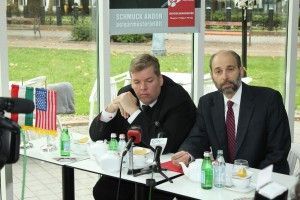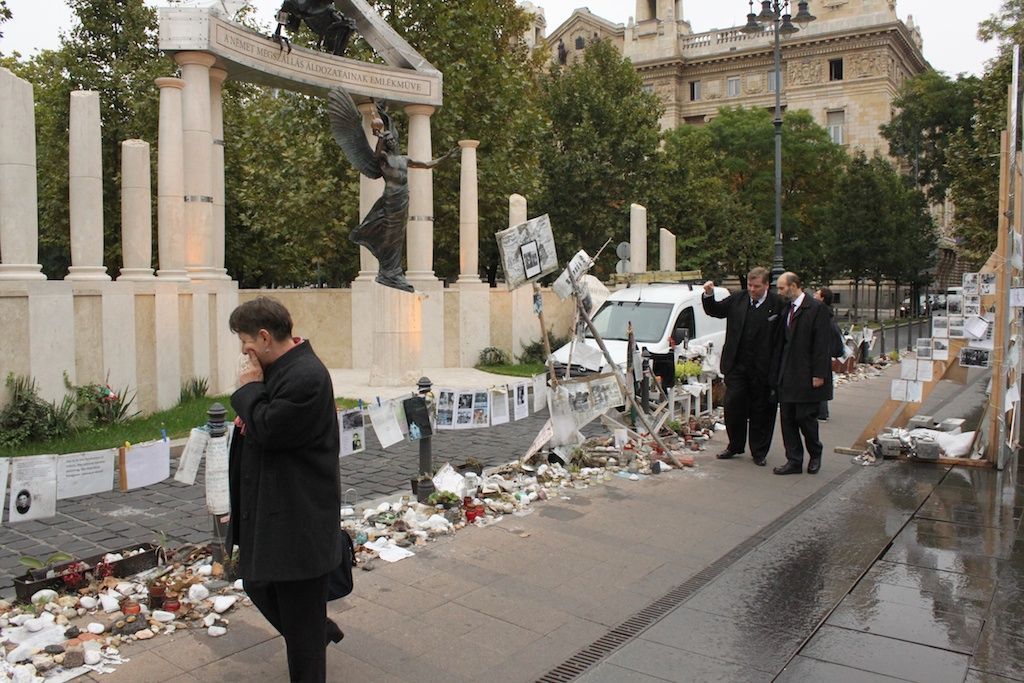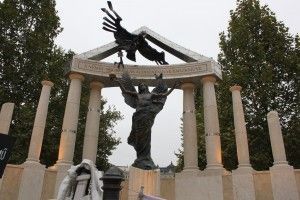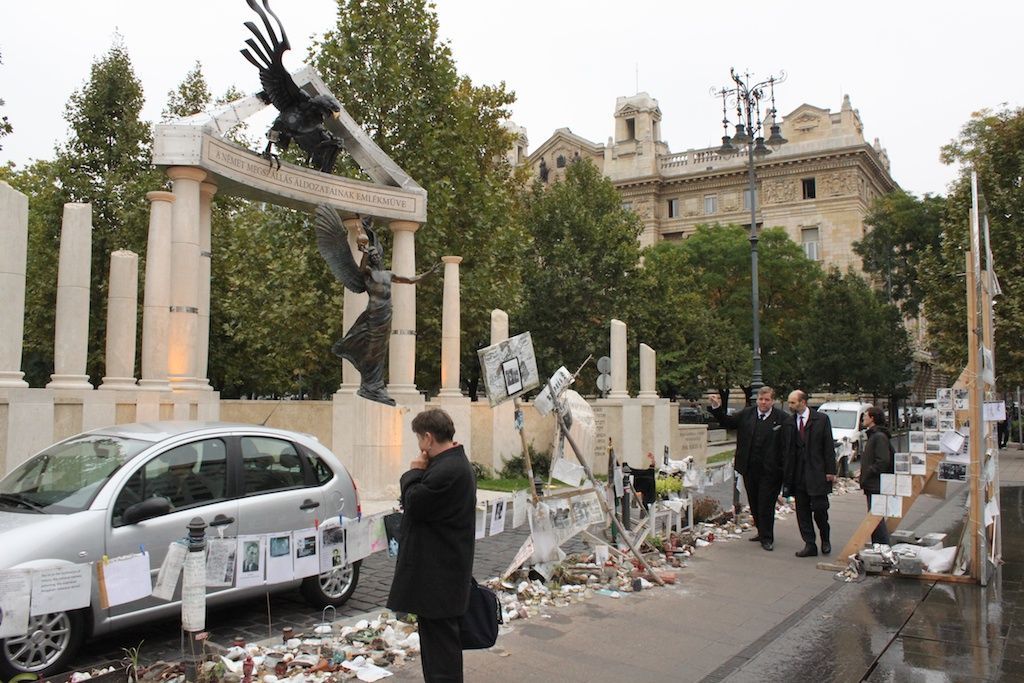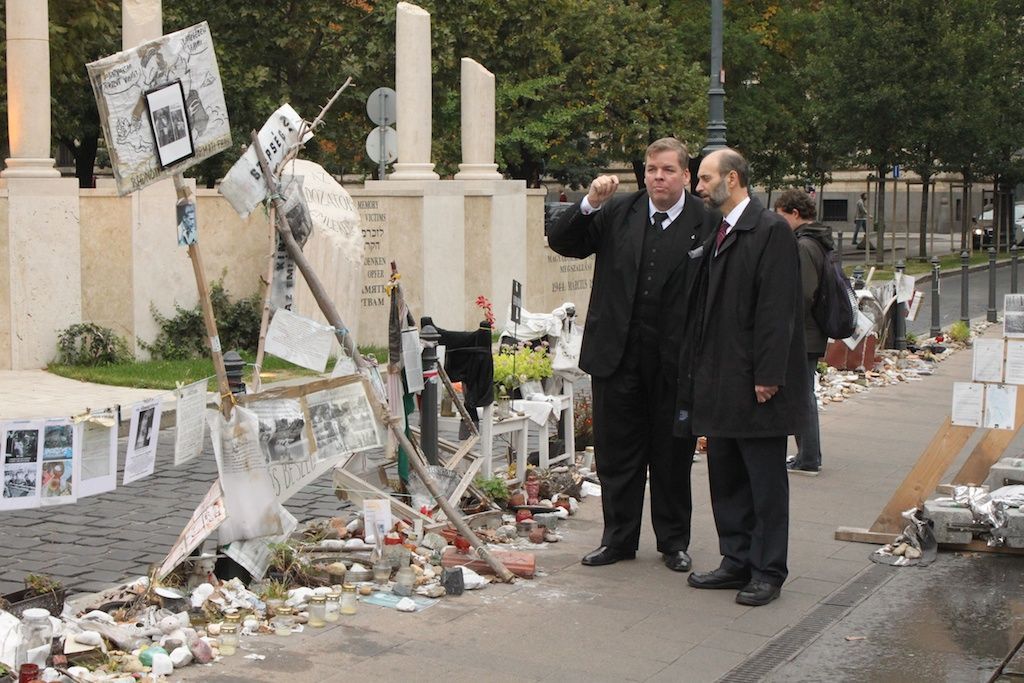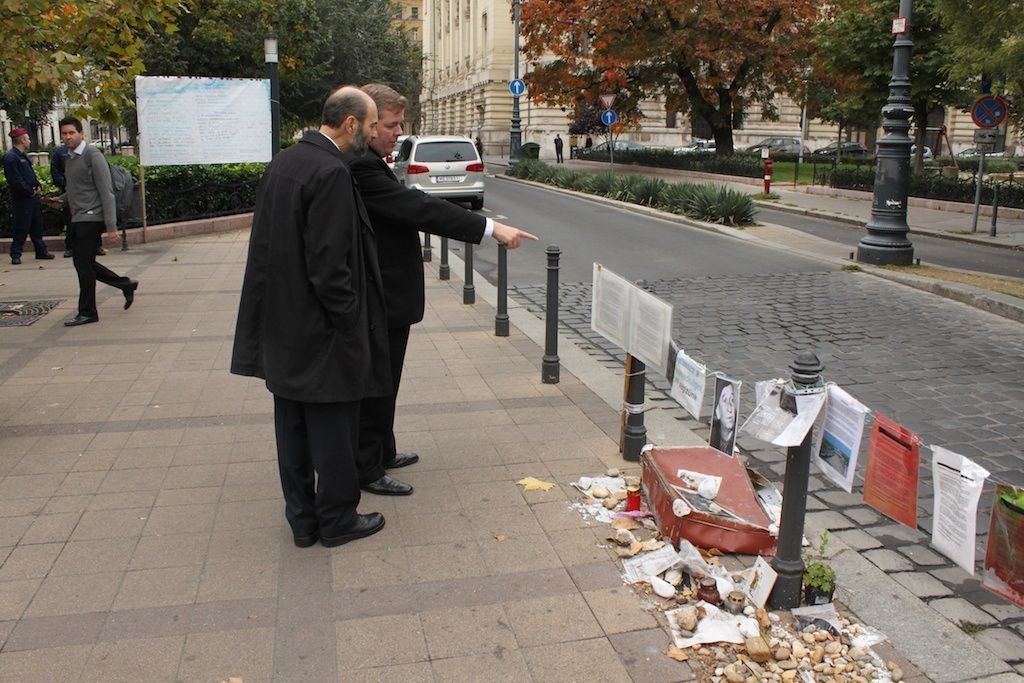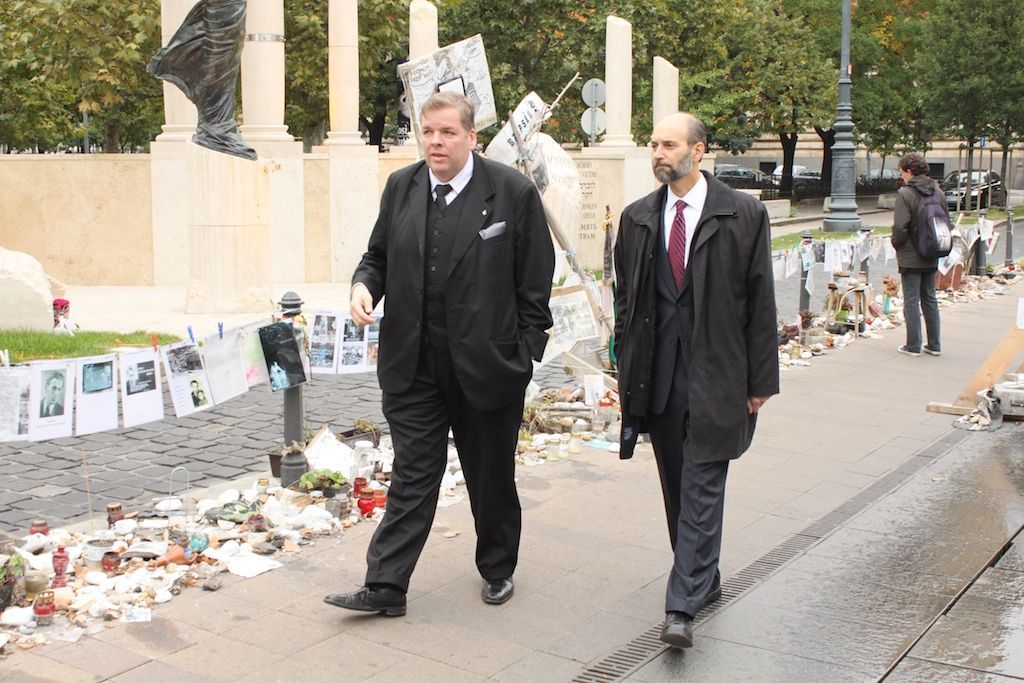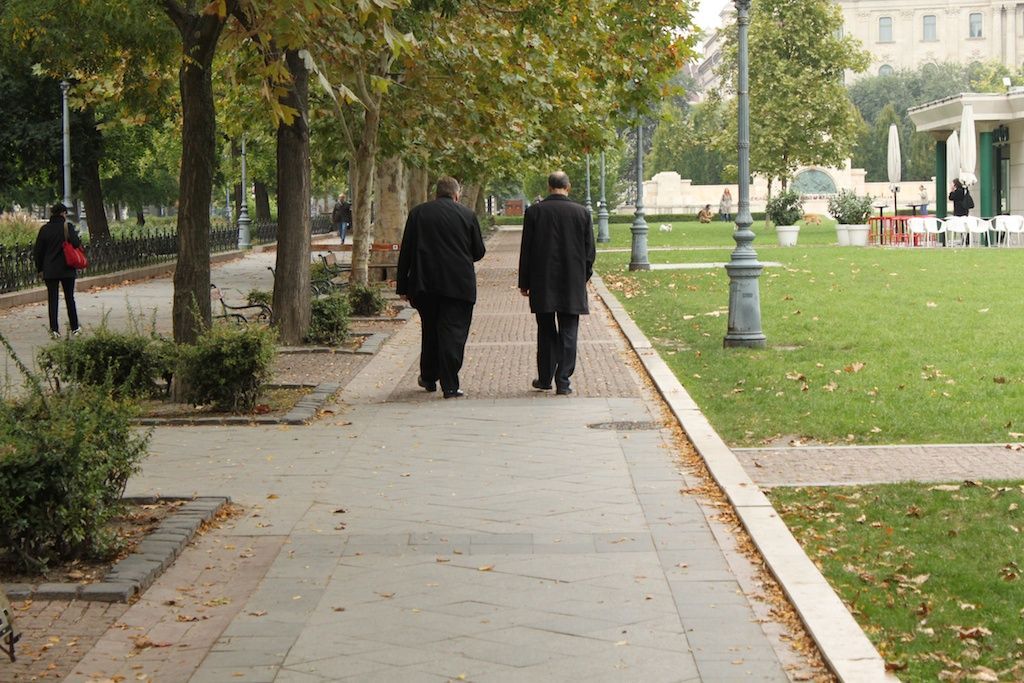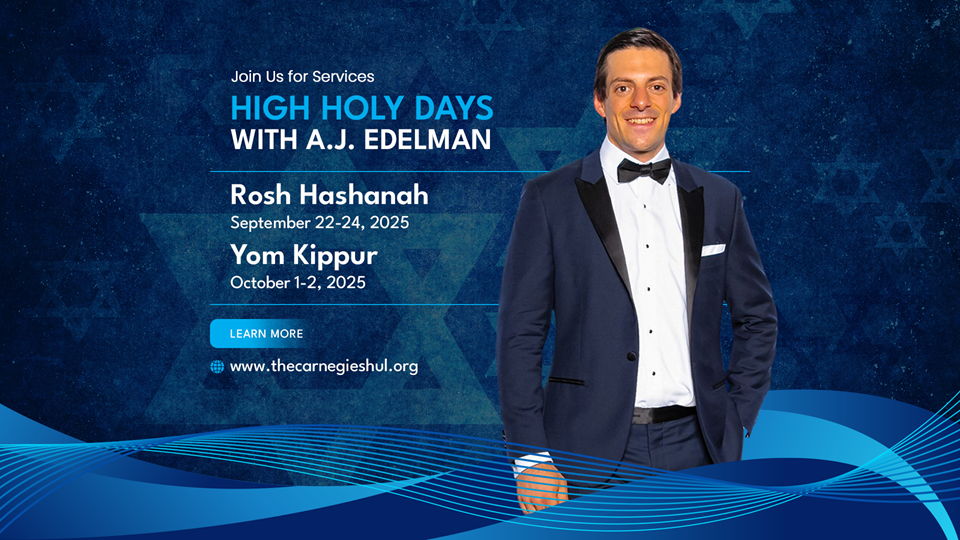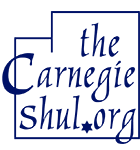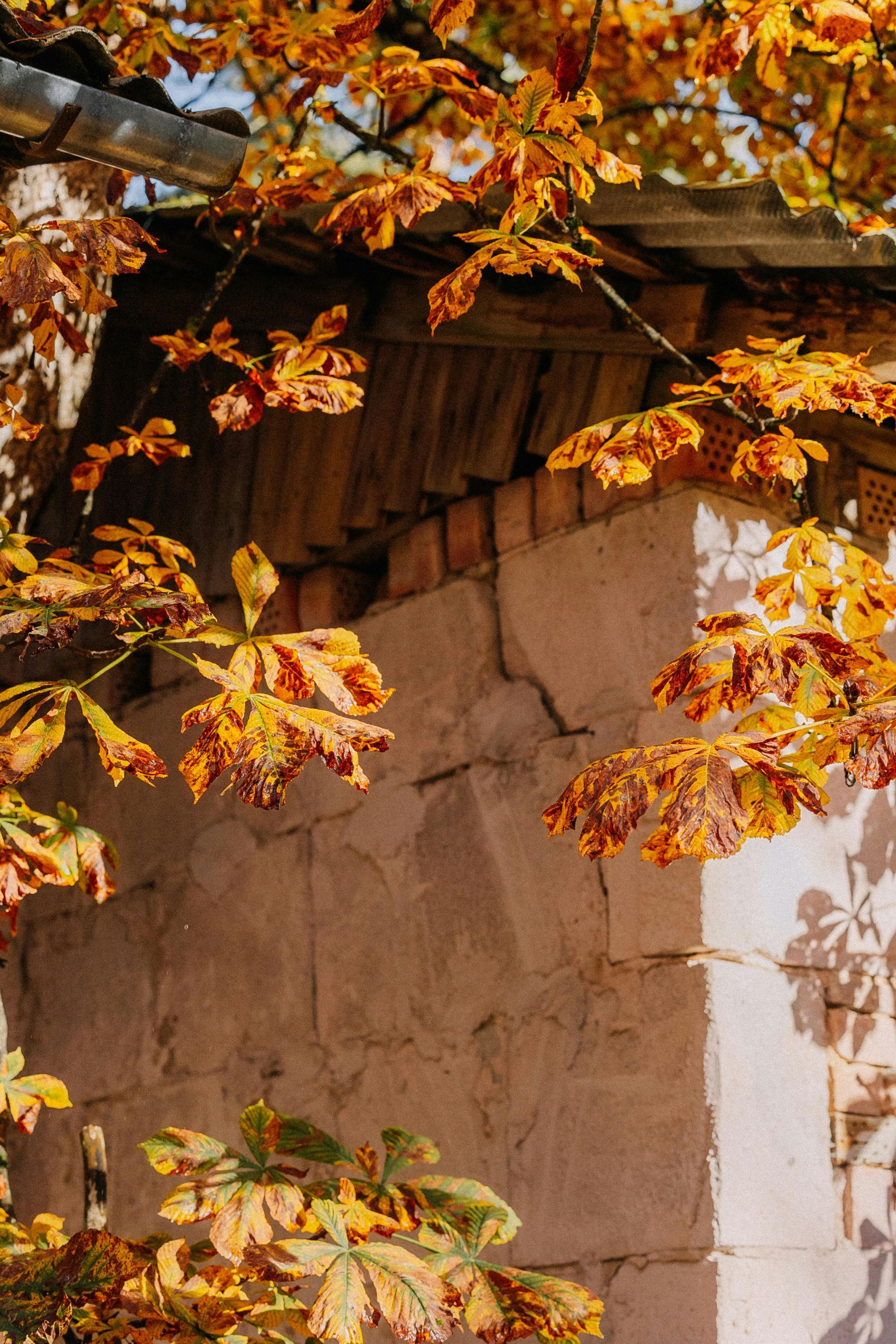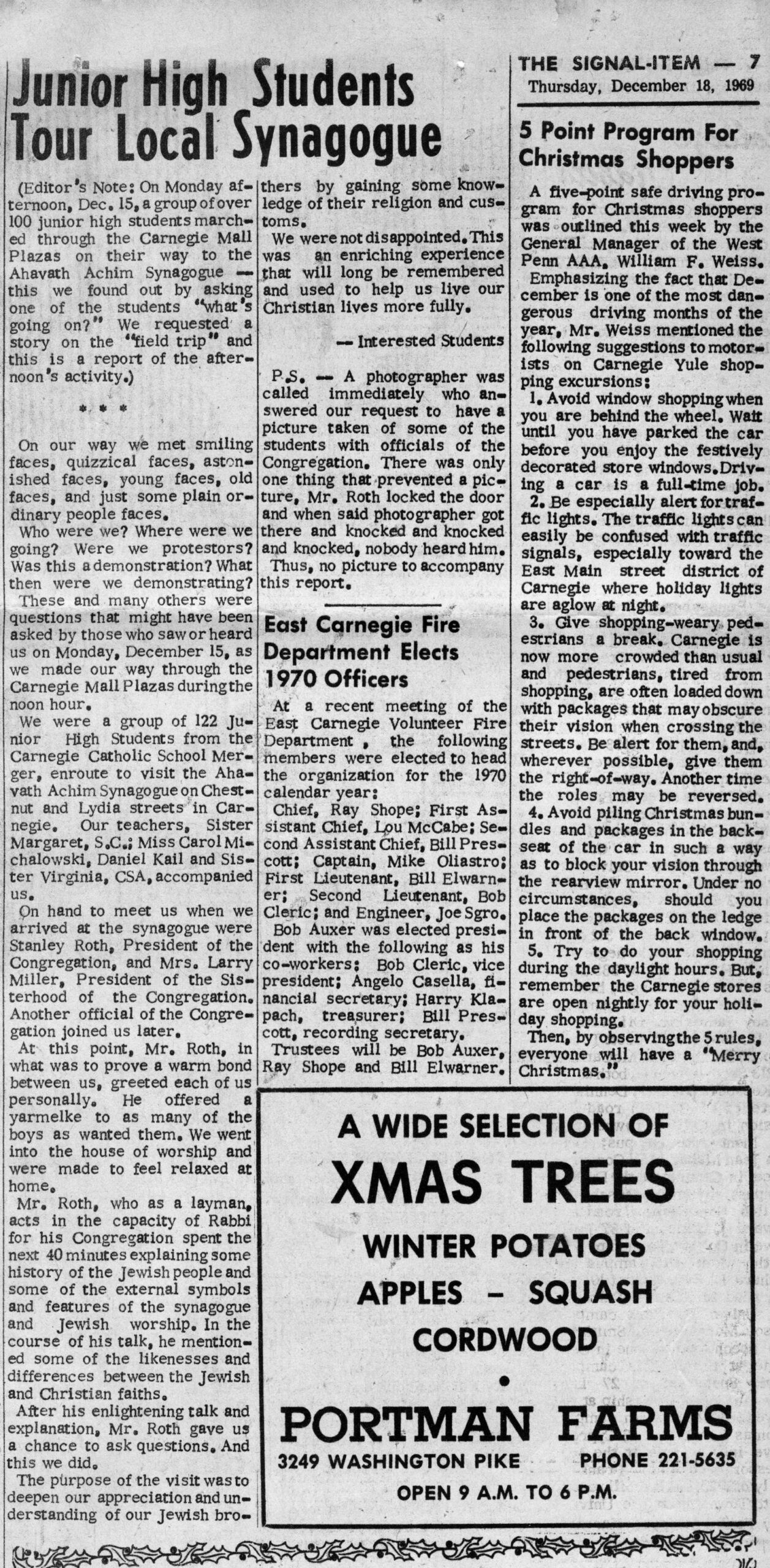Budapest Holocaust Memorial
This is a subtitle for your new post
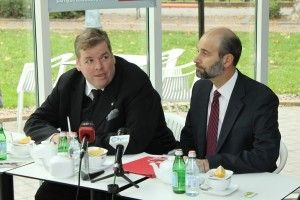
On Monday I returned from a two week trip to Europe that included business, politics, and visiting with a lot of old friends. The first leg of that trip was Budapest. I was there to support my friend Andor Schmuck, President of the Hungarian Social Democratic Party. I attended a number of events during my 4 days there including this press conference leading up to municipal elections on Oct 12.
But that's not what I want to tell you about. This press conference took place at in a small coffee shop in the center of Freedom Square, a park in the middle of Budapest that contains various political statues and memorials. On the edge of the square the government has erected a memorial to the 600,000 Hungarian Jews who were murdered during the Holocaust. This project was completed without consulting the remnant Jewish population (about 40,000). When you understand the purpose of the memorial you will understand why the Jewish community was not consulted and why they have, and continue to, protest loudly.
The purpose of the memorial is to lay the blame entirely on the Germans. The inscription on the memorial disavows any cooperation by the Hungarian government or the Hungarian people. This is a total fabrication and everyone in Hungary knows it. Goebbels himself stated that within weeks of his arrival in Budapest he received thousands of letters from Hungarians giving the names and addresses of their Jewish neighbors. And the Hungarian police volunteered to round up Hungarian Jews. In this letter, Goebbels commented on how cooperative the Hungarians were. It should therefore be expected that Hungarian Jews would protest this memorial. In the pictures below you will see the nature of the protest. People place photos of dead family members, personal memorabilia, written stories, and candles. They also place stones— I think all of us recognize the significance of the stones. They have in fact created their own Holocaust memorial in front of the government version. It's a powerful statement. Frankly, I am quite amazed that the government permits this protest. It has been going on for many months now, with no sign of abatement. In the following pictures you will see Andor explaining the memorial and the protest to me. Then we head off to the press conference.
